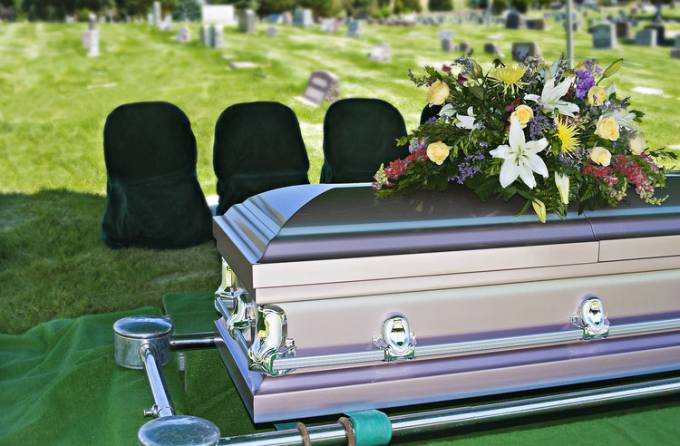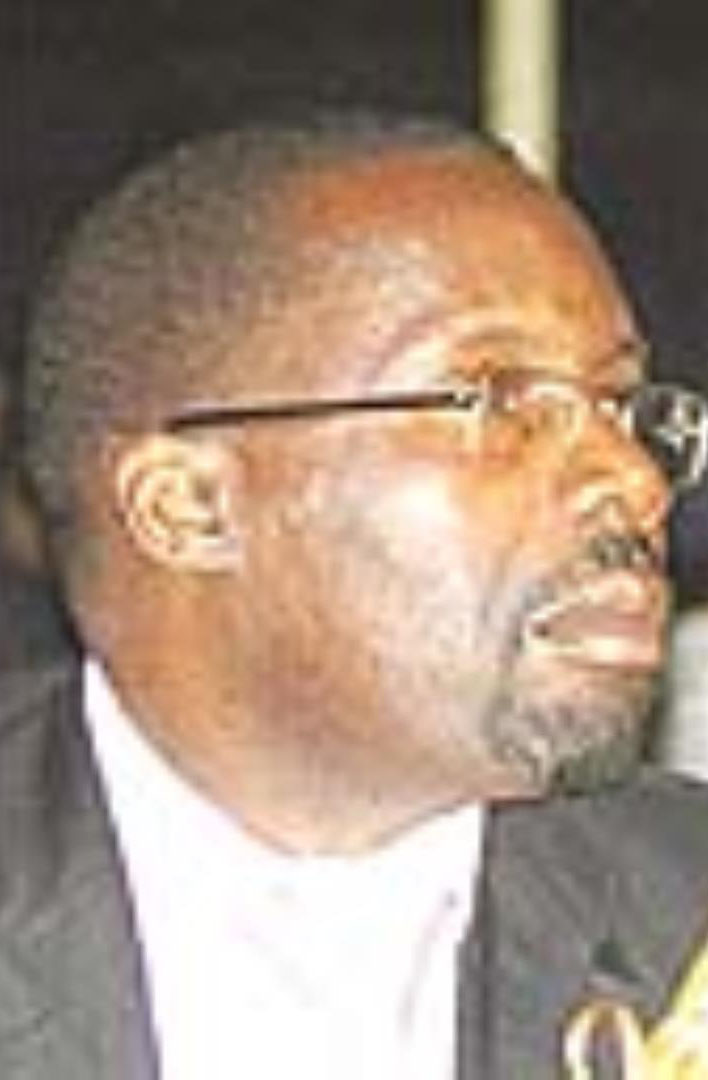‘Let bygones be bygones’

Leroy Dzenga Features Writer
There is a video doing the rounds on social media in which a livid man gives mourners an insight into his frosty relations with a deceased woman in a graveside speech.
The man gives graphic details on how his daughter was allegedly ill-treated by the deceased, her supposed mother-in-law.
As he opens up his speech, his first words are in direct defiance of the Shona idiom, “wafa wanaka” which translates to “the dead have no sins”.
“All of you who are gathered here, I would like to be honest with you. This woman was wicked, her son impregnated my daughter and she eloped to their house.
“My daughter was locked outside for a night and this woman poured a jug of urine on my daughter in the morning,” the man says. He went on to declare that if he had the means to follow the woman beyond the grave, he would.
“If there was a television in heaven I would want to see how she is living, I would follow her because she has died too early before I could conclude my issues with her,” he goes on.
Despite efforts by some to restrain him, he continues with the tirade punctuated by obscenities.
The video has gone viral with some finding comic relief in the unfortunate feud, the result of a union gone wrong.
Although the background story is not in full view, the clip has brought into perspective the shift our culture is taking with respect to social interaction.
In the past, it was taboo to speak ill of the dead, but some values are slowly being eroded with time.
Dr Sekai Nzenza, a cultural critic, says she hopes the behaviour captured in the viral clip is an isolated case as it spells disaster for our values and ethos.
Experience has shown her that speaking ill of the deceased does more harm than good.
“Fifteen years ago, one of my cousins, who was mischievous, died and the older brother gave a speech reminding the mourners that he was a thief. That caused a lot of conflict in the family,” she said.
In similar fashion, the man chided the woman just after her burial, an act Dr Nzenza believes may permanently affect relations between him and the late woman’s relatives.
“Within our culture, the gentleman could have approached the deceased’s relatives and aired his concerns with them. If everyone waited for people to die so that they could go on to embarrass the living, would this world be a decent place?” she said.
The Shona culture is hierarchical and clearly defined in terms of platforms available for conflict resolution.
“When people are faced with similar situations, instead of insulting the dead, they have an available platform to speak to uncles, aunts or family friends (vana sahwira) to discuss and find amicable solutions,” Dr Nzenza said.
She said even when one led a questionable life during their time, insulting them can cause bad blood.
“Even when someone used to do bad things when they were alive, insulting is not an option after they die. The relatives are bound to get angry that
their relative was derided. Blood will always be thicker than water,” said Dr Nzenza.
She added: “If scenes of this nature continue appearing we are in a cultural crisis on how we define the ethics of humanism (hunhu) as social change happens.”
Dr Nzenza said there were fissures being opened in our identity that needed plugging.“There is a vacuum in our identity and it is being aggravated by materialism. It would not be shocking to learn that the underlying reason for all these misunderstandings that led to the man saying all those words in the video could be money,” she said.
It is against accepted traditional ethos to speak ill of the dead no matter the circumstance.
Social commentator and veteran talkshow host Dr Rebecca Chisamba holds that view.
She believes when a person dies, their sins should go with them. It is no use mentioning them after.
“In our culture we respect the dead. When one dies we ignore all the bad things and focus on the positives they brought to the world,” she said.
Even grudges should be discarded in the event of death.
“This is why you see that when divorced people die, their ex-spouses attend their funerals. Funerals are about celebrating the lives of the deceased than opening old wounds,” said Dr Chisamba.
Dr Chisamba added that it was not the duty of the living to judge the dead.
“If you follow how the court works when someone is offended, they can take their case to court but cannot dictate what happens after the hearing begins, lest they are charged under the subjudice (rule). What happens after a person dies is between them and their creator,” said Dr Chisamba.
A paradigm shift is needed in defining forgiveness in African society.“The biggest element in forgiveness is trying to forget what happened. In most cases ‘sorry’ is now a word meant to say let us not talk about this issue. This is why we are having problems of people mocking the dead,” she said.
She said everyone deserves respect in death, regardless of how they lived.Sadly, that has not been the case on the ground.
Time and again, families are embroiled in legal battles with family members attempting to grab the deceased’s estate at the expense of the spouse and kids.
Ironically, in those instances people will be manipulating the cultural concept of inheritance (nhaka) when they want to serve their selfish interests.
Some families seem to respect the dead in graveside speeches but not in action.
Even the church encourages us to accord the departed their due respects.
Dr Constantine Murefu of the Apostolic Faith Mission, one of the largest denominations in Zimbabwe, says living an exemplary life avoids these posthumous squabbles.
“Christians have to prepare for life and prepare for death through following ways that are prescribed in the Bible,” he said.
Despite one’s belief, dialogue remains the best way to solve issues, especially when all parties are still alive.
“In our African culture, we have elders who can help intervene when there are misunderstandings,” said Dr Murefu.
He placed emphasis on considering relations with the remaining family members in putting finality to unsolved issues.
“Relationships are for the living, once a person dies they get into a realm where we cannot communicate with them. So, it is useless to hurl insults at them or to try to say things to them,” Dr Murefu said.
The Bible encourages amicable problem-solving for the living and the dead.
“The word of God in Matthew 5 verse 9 says blessed are the peacemakers for they will see God,” he said.
He went on to say: “Forgiveness is the glue that holds relationships together; we are always offending and getting offended all the time.
“People should let bygones be bygones, rust does more damage to the container than the external environment,” he said.
It is of little help to hurl insults and obscenities at a person whose journey has been sealed.
Whether they comprehend the message or not, their response seldom comes.
As morals keep decaying, the sanctity of life should be preserved.
Attacking the dead who cannot respond or defend themselves is not the best way to settle scores.
Feedback : [email protected] <mailto:[email protected]>











Comments